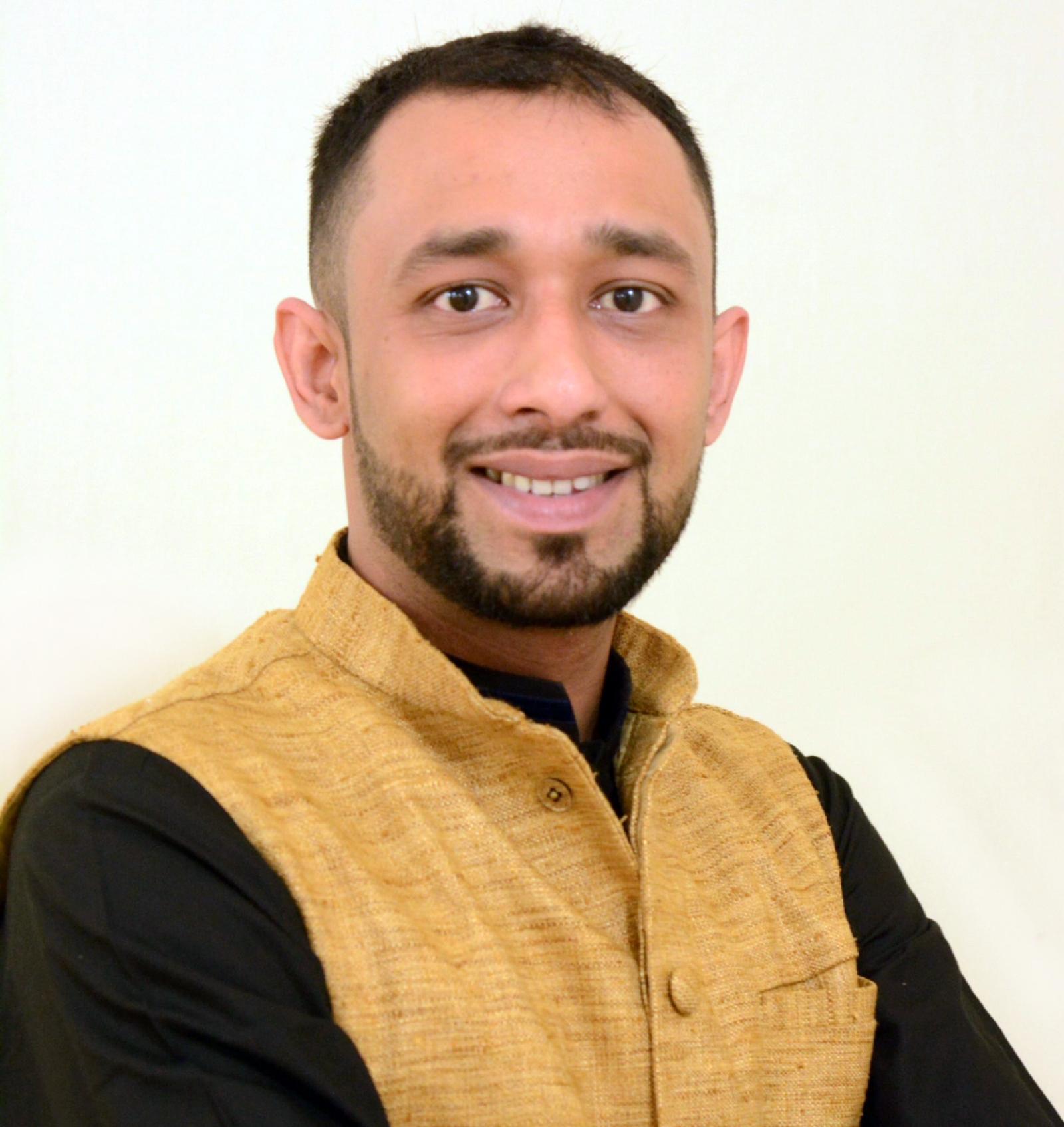As the holy month of Ramadan approaches, a wave of concern is sweeping through Muslim educational communities worldwide. Educators are increasingly worried that the combination of fasting, altered sleep patterns, and demanding academic schedules could significantly disadvantage Muslim students, particularly those facing crucial examinations, Daily Dazzling Dawn understand.
The Ramadan Challenge: Balancing Faith and Academics
Ramadan, a period of spiritual reflection and fasting from dawn till dusk, presents unique challenges for students. The physical demands of abstaining from food and water, coupled with the shift in daily routines, can lead to decreased energy levels, difficulty concentrating, and disrupted sleep. For students preparing for high-stakes examinations, these factors can significantly impact their performance.
"The core issue isn't a lack of dedication from students," explains Fatima Khan, a teacher in London, "It's the very real physical and mental toll that fasting takes. Students are often exhausted, making it incredibly difficult to absorb information and perform at their best during exams."
Global Concerns, Local Impacts-The concerns are not limited to any one region. From the United States to Southeast Asia, Muslim educators are grappling with the same dilemma: how to support students in fulfilling their religious obligations while ensuring they have a fair chance to succeed academically.
In countries where Ramadan coincides with exam periods, the issue is particularly acute. For instance, in some regions, crucial standardized tests or university entrance exams may fall within the holy month. This raises questions about whether accommodations should be made to ensure equitable assessment.
"We need to recognize the unique circumstances that Muslim students face during Ramadan," says Ahmed Hassan, an educational consultant in Cairo. "It's not about giving them an unfair advantage, but about leveling the playing field."
The Impact on Performance:Research has shown that fasting can impact cognitive function, including memory and attention. This can be especially problematic during exams, which require sustained focus and recall. Educators report that students often struggle with fatigue-related errors and difficulty processing complex information.
Moreover, the shift in sleep patterns can disrupt the circadian rhythm, further exacerbating fatigue and impacting cognitive performance. Late-night prayers and pre-dawn meals often lead to reduced sleep duration and quality, leaving students feeling drained and unprepared for exams.
Calls for Accommodations and Understanding:In response to these concerns, educators and community leaders are calling for greater understanding and accommodations. Some suggestions include:
Flexible exam scheduling: Where possible, scheduling exams outside of Ramadan or providing alternative testing dates.
Extended exam time: Allowing students additional time to complete exams, recognizing the potential for fatigue-related delays.
Quiet study spaces: Providing dedicated quiet spaces for students to rest and study during the day.
Awareness campaigns: Educating teachers and school administrators about the challenges faced by Muslim students during Ramadan.
Open communication: Encouraging students to communicate their needs and concerns to teachers and school administrators.
Consideration of dietary needs: Providing access to suitable food and drink for students before and after fasting hours, where applicable.
Beyond the Exam Hall:The issue extends beyond the exam hall, impacting students' overall well-being. Educators emphasize the importance of providing emotional and spiritual support to students during Ramadan. Creating a supportive and understanding environment can help students manage the challenges of balancing their faith and academics.
"It's about creating a culture of empathy and understanding," says Aisha Malik, a school counselor in Toronto. "We need to recognize that Ramadan is a time of both spiritual growth and personal challenge for our students."
As Ramadan approaches, the global educational community faces the challenge of ensuring that Muslim students are not disadvantaged by their religious observances. By fostering understanding, providing accommodations, and offering support, educators can help students navigate the holy month with both faith and academic success.
_3.jpg)







.svg)


